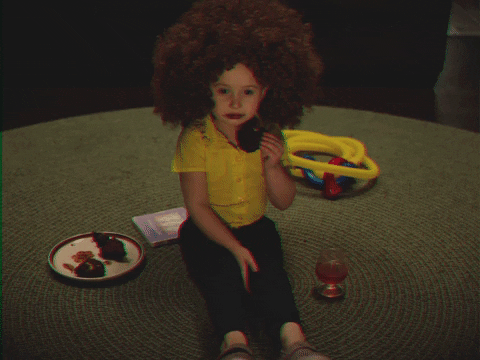As our country faces the 3rd wave of the pandemic, we are once again quarantining in our respective homes in order to contain the spread. Unfortunately, staying at home means less social interaction and more screen time on our laptops, phones, and TV. Whether it is for work, schooling or pure entertainment, we are spending more time looking into screens more than ever during this period of time. Not to mention, kids are also a huge victim of excessive screen time with electronic gadgets.

How Screen Time Can Affect your Child?
A child’s brain development majorly occurs in the first 2 years of life. Within this timeframe, babies will develop their senses (sights, sounds, tastes, and textures) by exploring the environment around them. Early research from the National Institutes of Health in the US, the study indicated that children spending more than two hours a day would lead to a lower score in language and thinking test while more than seven hours have shown physiological changes in the brain cortex which is related to critical thinking and reasoning.

You may also refer to our article on how screen time can affect children: https://www.doc2us.com/index.php/is-the-ipad-hurting-childrens-brain-development
https://doc2us.com/screen-based-technology-the-bane-to-sleeping-pattern-of-children-and-adolescents
Not All Screen Time Are Equal
According to American Academy of Pediatrics (AAP), it is recommended to restrict the amount of screen time for babies and toddlers to no more than 1 hour a day. But with screens everywhere, it is easier said than done. Though there are differences between good screen time and bad screen time. As stated in kidshealth.org, good screen time is considered when your children are chatting with their loved ones such as grandparents and learning something educational on screen. However, bad screen time is when leaving your child to watch your favourite TV show with you.
Manage Your Child’s Screen Time
-
Talk to your children. It is important to let your children know the consequences of excessive screen time. Just as how some older children would understand certain foods are good for them but anything too much can be a health issue just like the screen time.
-
Be with your child during screen time. Use this time to interact with your children to play an educational game or video to have a quality bonding time with your children. You can also monitor your children's screen activity through this session.
-
Model good media use. Kids usually model their actions after their parents. It is important to know if you are setting a good example of screen time use for your children. Lead by example by reducing your screen time.
-
Develop a schedule for screen time. Having a regular timing for each activity encourages discipline and good timekeeping behaviour in children.
-
Set up limits and boundaries on electronic devices. Set up time of access or parenteral locks to help regulate the screen time.
-
Replace screen time with physical activities. Sometimes the excessive screen time would be due to boredom in children. Try out physical activities such as exercising or dancing class to get them out of the couch.
-
Avoid rewarding your children with screen time. Giving more screen time as a reward followed by good behavior may actually worsen the screen addiction. Instead, reward your children with other interactive games such as drawing, music, and reading a book that can help with brain development.








